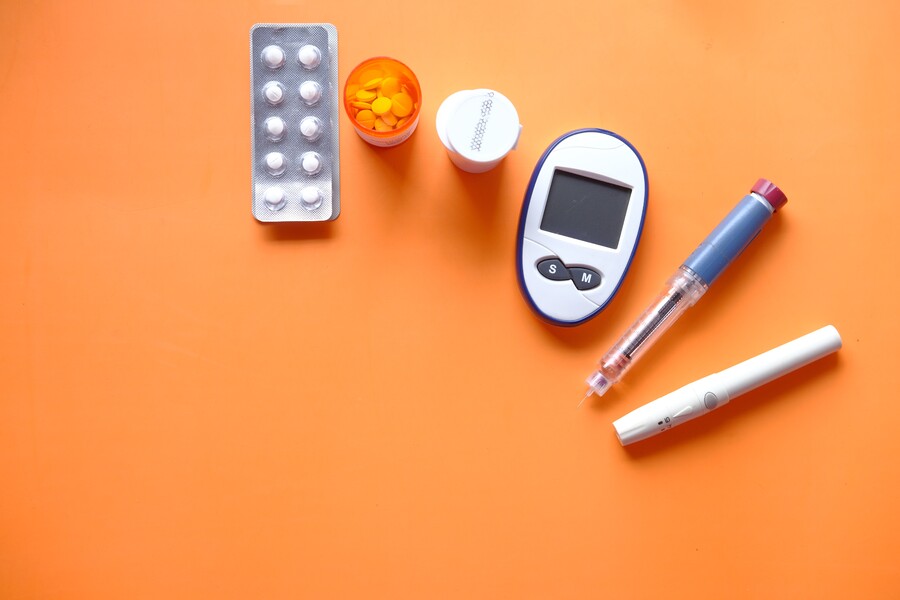What is Diabetes?
Diabetes is a chronic medical condition that affects how your body processes glucose, a type of sugar that provides energy to your cells.
There are three main types of diabetes: type 1, type 2, and gestational diabetes.
Type 1 diabetes is an autoimmune disease where the immune system attacks and destroys the cells in the pancreas that produce insulin, a hormone that regulates blood sugar.
This type of diabetes usually develops in childhood or adolescence and requires lifelong insulin therapy.

Type 2 diabetes is the most common type of diabetes, accounting for 90-95% of cases.
It occurs when the body becomes resistant to insulin or doesn't produce enough insulin to maintain normal blood sugar levels.
This type of diabetes is often associated with lifestyle factors such as obesity, lack of exercise, and poor diet, and can often be managed with lifestyle changes and medication.
Gestational diabetes occurs during pregnancy and usually goes away after delivery.
However, women who have had gestational diabetes are at higher risk of developing type 2 diabetes later in life.
Common Symptoms?
Some common symptoms of diabetes include:
- Increased thirst
- Frequent urination
- Blurred vision
- Fatigue
- Slow wound healing
If left untreated, diabetes can lead to serious complications such as heart disease, stroke, kidney disease, nerve damage, and blindness.
What should you do?
Managing diabetes involves:
- Regular monitoring of blood sugar levels, can easily be done through Afyabook
- Making healthy lifestyle choices such as eating a balanced diet, exercising regularly, quitting smoking.
- Taking medication as prescribed by a healthcare provider.
- Receive regular check-ups and screenings for complications.
Take away?
Always monitor your blood sugar levels to avoid any complications.
There is an easier and simpler way of doing this at Afyabook, under your profile click on Afya Tab and start recording your test readings.